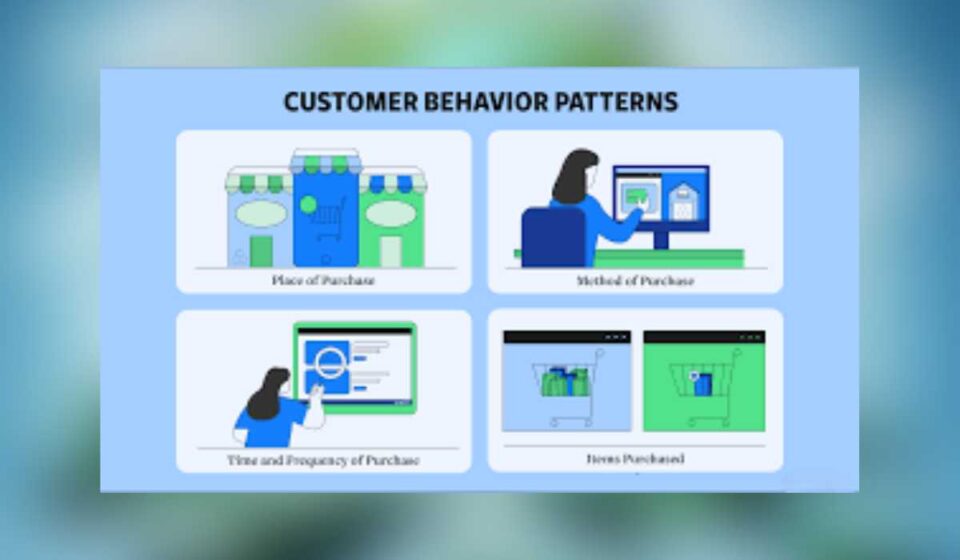In today’s fast-paced digital world, consumer behavior is more predictable than ever, thanks to the power of advanced data analytics, machine learning, and artificial intelligence (AI). Companies are increasingly using these technologies to forecast consumer actions, allowing them to tailor their marketing strategies before customers even make a purchase decision. Predictive analytics takes historical data and uses algorithms to identify patterns and trends that can predict future actions. By leveraging these insights, brands can refine their advertising campaigns, product offerings, and overall customer experience to align with predicted consumer behavior, enhancing engagement and boosting sales.
Many leading brands have already embraced predictive analytics to stay ahead of consumer demands. Retailers like Amazon and Netflix use AI-powered recommendation engines to suggest products and movies based on previous interactions and purchases. These brands have effectively implemented predictive models to anticipate customers’ needs, offering personalized experiences that drive customer loyalty. Similarly, in the automotive industry, brands like BMW are using predictive data to customize advertisements and car features based on the browsing behaviors of potential buyers. This predictive capability allows companies to offer exactly what consumers are looking for before they even know they need it.
While the potential for predictive analytics is vast, implementing these models comes with its challenges. Data collection can be complex, and companies must have the necessary infrastructure to gather and analyze massive amounts of data. Additionally, the accuracy of predictive models is not always guaranteed. Small fluctuations in consumer preferences, such as sudden shifts in market conditions or trends, can impact the effectiveness of predictions. For companies to successfully leverage data, they must invest in robust data science teams, advanced algorithms, and real-time analytics platforms to ensure that the predictions remain relevant and actionable.
Despite the impressive benefits of predicting consumer behavior, ethical considerations are critical when it comes to using data for such purposes. Consumer privacy is a growing concern, and many customers are wary of companies tracking their every move online. Brands must tread carefully and ensure they are transparent about the data they collect and how it will be used. Striking the right balance between personalization and privacy is essential to maintain consumer trust. Regulations like GDPR in Europe have set the stage for stricter data collection and usage policies, pushing brands to rethink their data practices to ensure compliance with privacy laws.
Looking ahead, the future of predictive analytics in marketing will be driven by further advancements in machine learning and AI. As algorithms become more sophisticated and data sources diversify, companies will be able to predict even more granular aspects of consumer behavior. For example, brands could predict the exact moment a consumer is likely to switch brands, allowing them to intervene with tailored offers. However, as the technology continues to evolve, it is crucial for businesses to remain mindful of ethical practices and consumer privacy to foster long-term trust and ensure that predictive analytics continue to be a powerful tool for both brands and customers.


